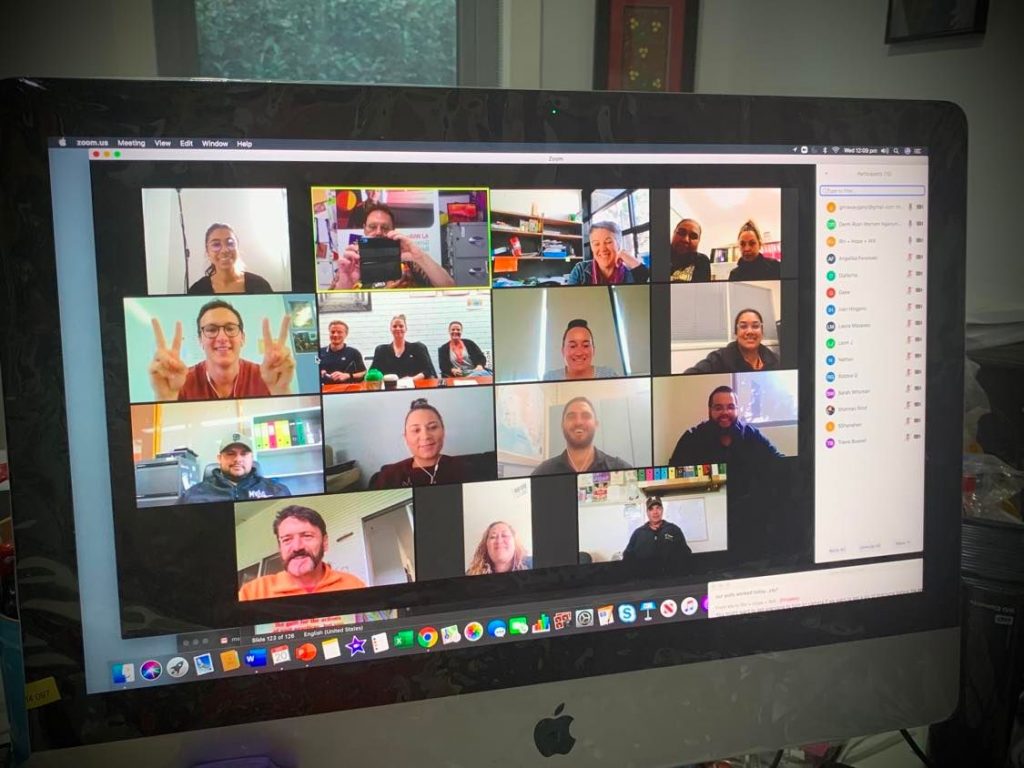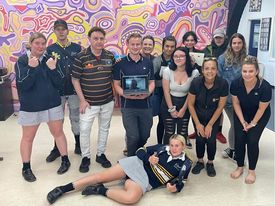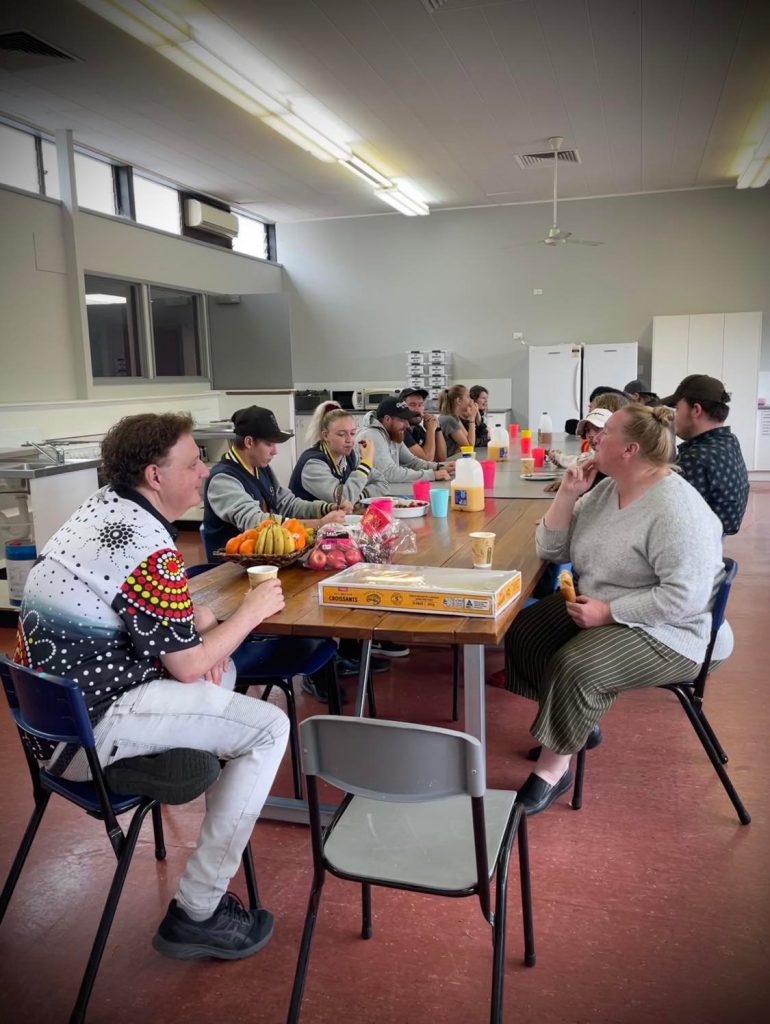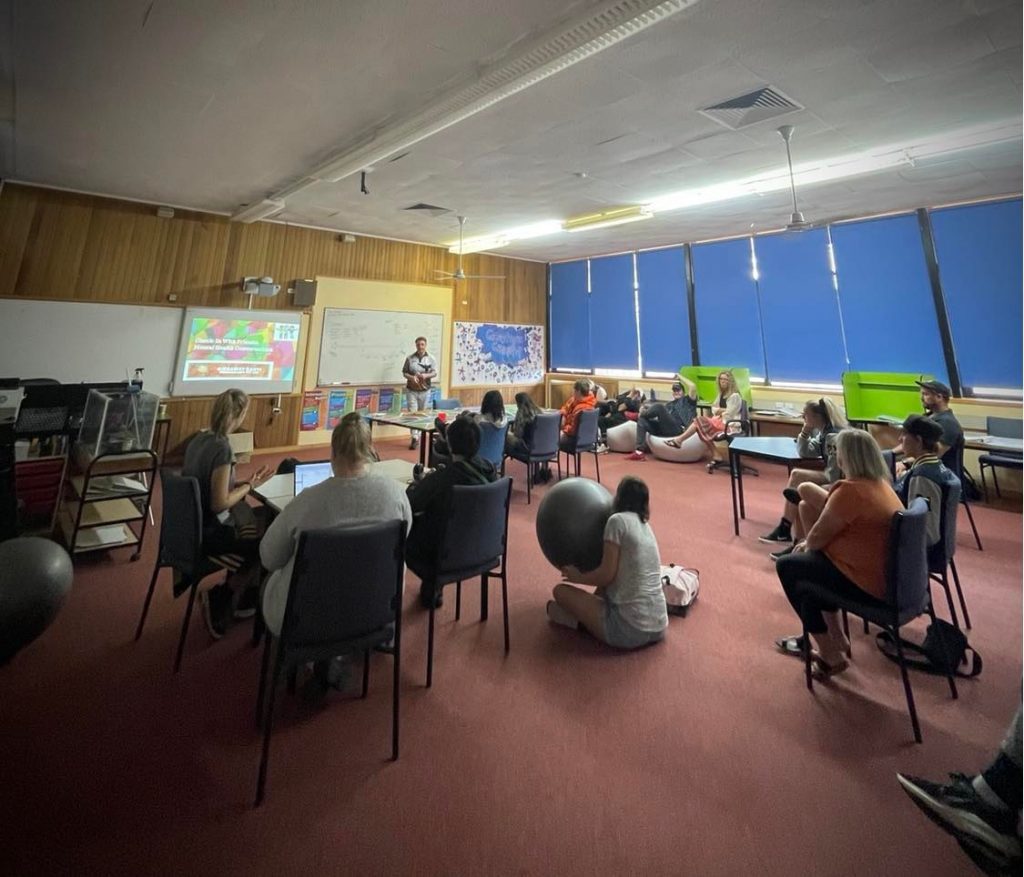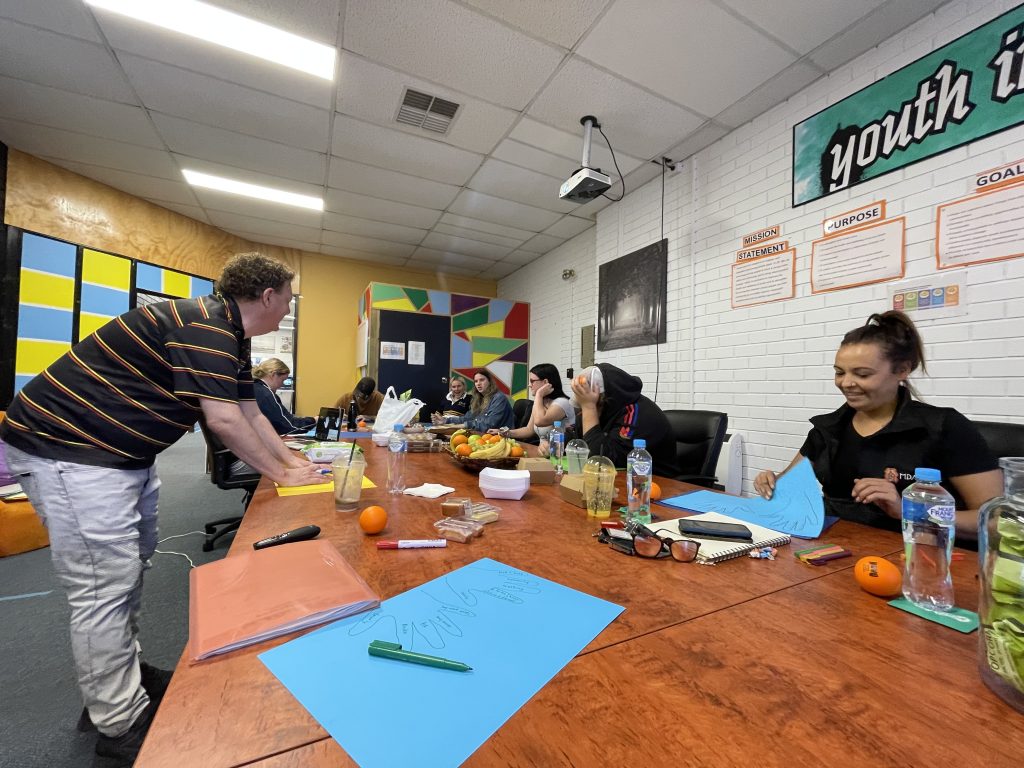Foundation for Rural & Regional Renewal (FRRR)
$200,000 available to fund community-led mental health projects
Remote, rural and regional communities across Australia can apply now for grants through FRRR’s In a Good Place (IAGP) program to support community-driven activities focused on mental health and wellbeing. Offered in partnership with CCI Giving, there is $200,000 available through grants of up to $20,000 for projects that support vulnerable community members at risk of, or experiencing, mental health issues.
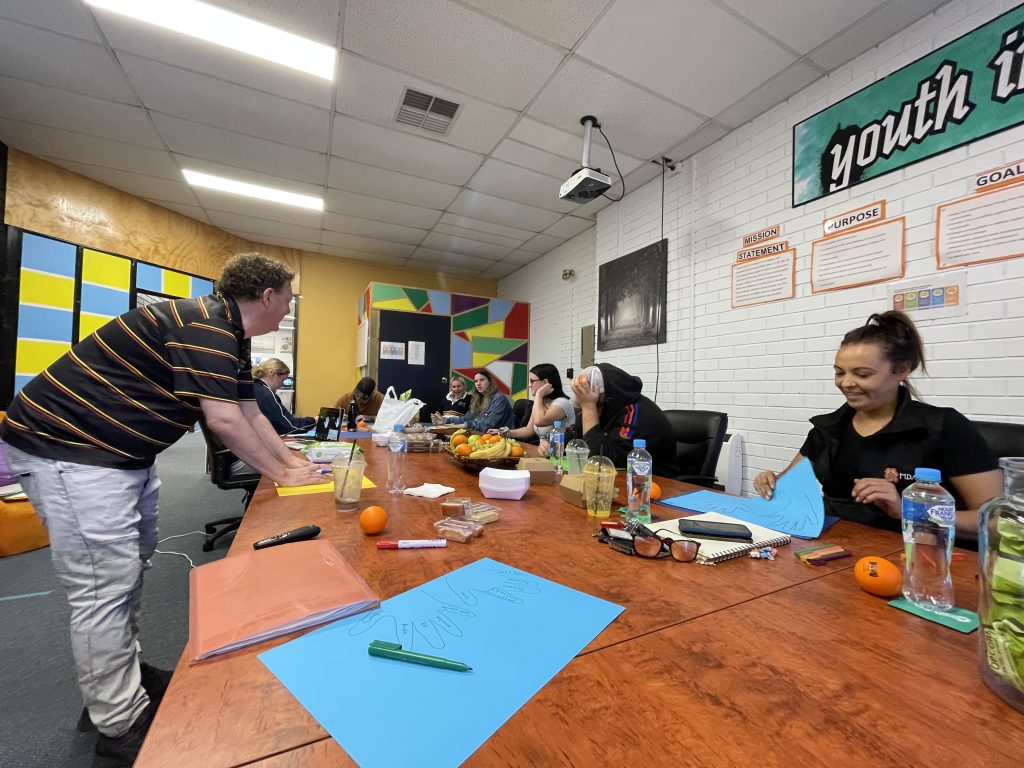
The program supports a range of approaches that are preventative or responsive in nature, and clearly and directly focus on strengthening mental health and wellbeing. These include initiatives that increase social participation and connections with the community, and reduce stigma surrounding mental health by encouraging open discussion and supporting self-help-seeking.
Jeremy Yipp, CCI Chief Risk Officer and Chair of CCI Giving, said that greater access to mental health services and support is vital to those living in rural communities, particularly following times of crisis.
“Rural and remote communities continue to be affected by events such as fires and flooding, and in recent years the pandemic. It’s more important than ever to encourage people to stay connected and seek support, especially for those living in places with limited access to mental health services.
“Our partnership with FRRR helps CCI Giving reach remote, rural and regional communities, to build and nurture social connections and community participation, and provide access to mental health training and education,” said Mr Yipp.
Jill Karena, FRRR’s People Programs Portfolio Lead, said that the events of the past few years have highlighted the need for rural Australia to have equitable access to mental health services and support.
“The impact of the pandemic, and the subsequent isolation, is still being felt and understood. But clearly, access to mental health tools, services and support that are driven by community need, are critical to improving and strengthening the mental health of remote, rural and regional Australians, particularly younger members of the community.
“As an example, through the IAGP program, the Youth Affairs Council Victoria (YACVic) in Swan Hill received funding of $13,480 to deliver a culturally specific Mental Health First Aid (MHFA) training program and establish a local support network – Deadly Yarning & Learning, targeting Aboriginal and Torres Strait Islander young people.
“Although initially intended to be delivered face-to-face, the COVID pandemic and lockdowns caused serious disruptions to the project. Instead, most training took place online. Aboriginal and Torres Strait Islander young people gained vital skills in MHFA, connected with each other, relevant workers and service providers, and increased their confidence and leadership skills while helping to shape local, culturally safe responses to mental health.
“Our partnership with CCI Giving means we can support these kinds of community-led approaches to mental health services that respond to community need and are accessible for people in rural areas who may otherwise have difficulty accessing services,” Ms Karena said.
Applications open on 20 April 2022. As in previous years, FRRR expects this will be a highly competitive program and so there is a two-stage application process. A brief Expression of Interest must be submitted no later than 5pm AEST, Wednesday 25 May 2022. The Expression of Interest form and more information is available on FRRR’s website – https://frrr.org.au/funding/place/in-a-good-place/. Applicants can also call 1800 170 020.
The IAGP program is the centrepiece of a partnership between FRRR and CCI Giving which has just been extended for a further five years, to run until 2027. Since the partnership began in 2018, IAGP has awarded $800,000 in grants to 53 community-led initiatives that promote good mental health and wellbeing in remote, rural and regional communities.
Youth mental health is an issue that many organisations and communities across the country work hard to improve. Raising awareness through conversation and proper guidance is crucial to improving and strengthening the mental health of young Australians. In the northwest of Victoria, you’ll find the city of Swan Hill where Youth Affairs Council Victoria (YACVic) are doing just that. As the leading advocate for young people aged 12-25 in Victoria, they work closely with young Victorians and the sector to support them and deliver effective advocacy.
Over the past two years, YACVic have hosted the ‘Turning Ideas into Action’ and ‘What Matters’ youth forums across Victoria. Through these forums, young people have identified mental health as a major priority. A report conducted in 2010 (Working Together: Aboriginal and Torres Strait Islander Mental Health and Wellbeing Principles and Practice) identified young Aboriginal people are at increased risk of experiencing mental illness and are also less likely to engage with mainstream youth mental health services. To improve this situation, YACVic wanted to create a space that would be culturally safe and relevant for Aboriginal and Torres Strait Islander youth.
YACVic sought funding to deliver culturally specific Mental Health First Aid (MHFA) training program – Deadly Yarning & Learning. The training session would target 20 Aboriginal and Torres Strait Islander young people and then ten additional people to work with them on a regular basis as mentors in Swan Hill and Robinvale. The training would be provided by AJ Williams-tchen from Girraway Ganyi to make sure that both the content and delivery is done in a competent and safe manner.
Using a $13,480 In a Good Place (IAGP) grant, supported by CCI Giving, YACVic would partner with local services in the area including Mallee District Aboriginal Services and Robinvale Secondary College to provide the training over two days in each location. The following six months would then involve regular monthly community of practice sessions for the 20 participants to discuss how they have been able to put into practice their training since the initial sessions. The catch ups would also be used as a safe space for debriefing and continued peer learning and development, but also as a way to identify any key issues that had arisen in the community.
After having one training session in each location, YACVic were required to quickly adapt the original plan, with the COVID pandemic and lockdowns causing serious disruptions to the project. To ensure the safety of everyone involved, YACVic decided to postpone the face-to-face youth training component of the project until restrictions eased. They were, however, able to take the mentor training online, which proved to be quite beneficial as they were able to bring five more people on as mentors.
By undertaking the training and participating in the monthly community of practice sessions, Aboriginal and Torres Strait Islander young people will gain skills in MHFA, connect with each other, relevant workers and service providers and increase their confidence and leadership skills while helping to shape local, culturally safe responses to mental health.

